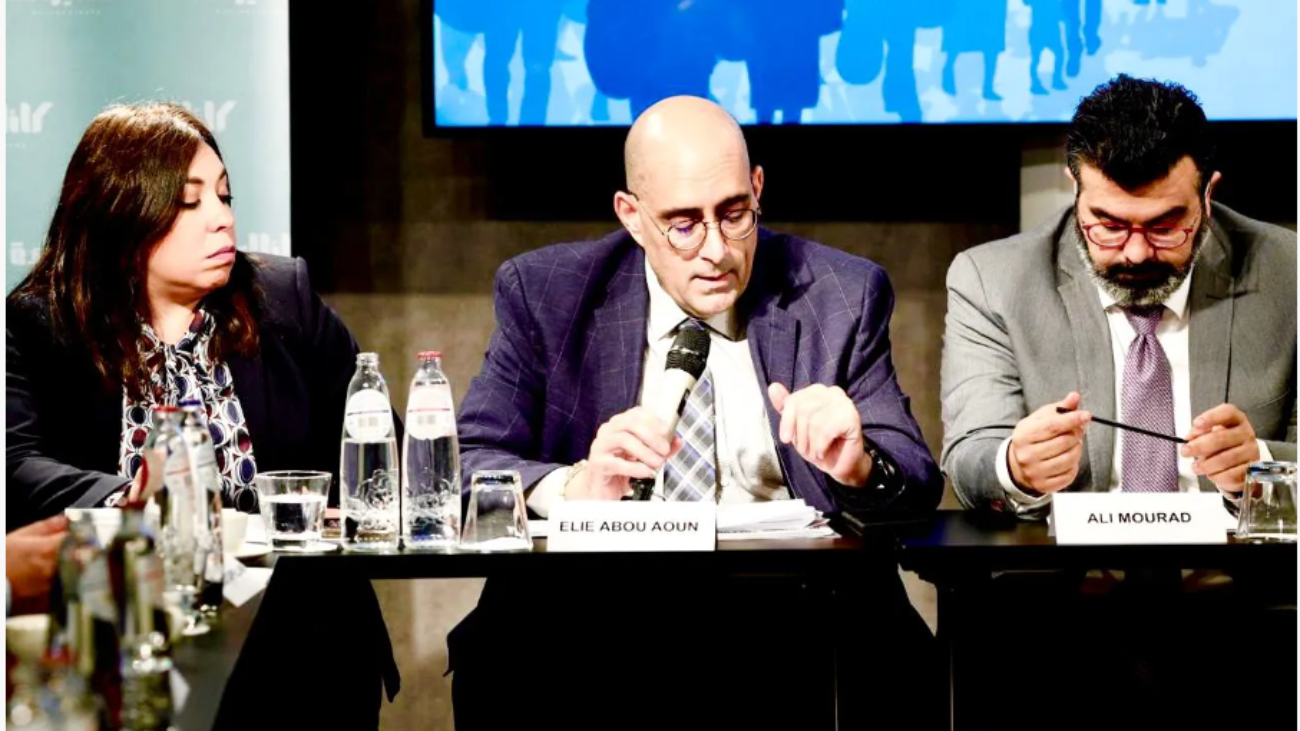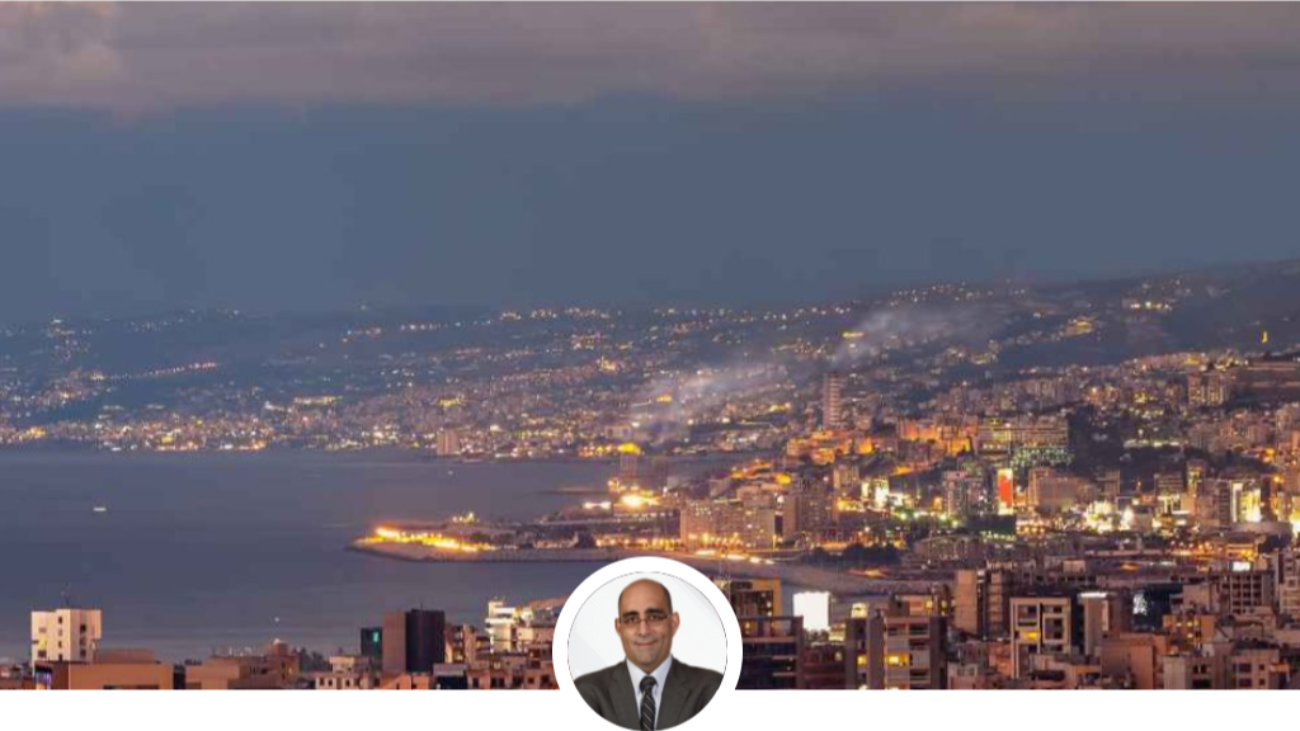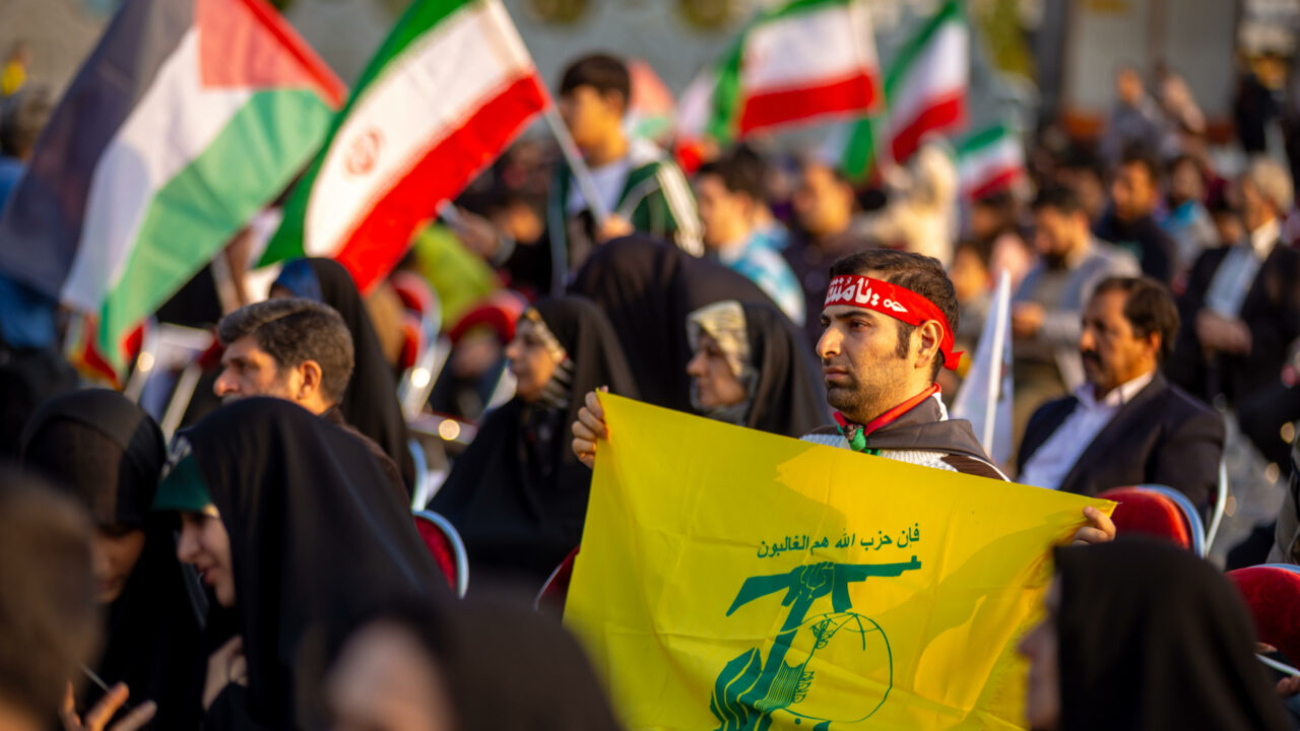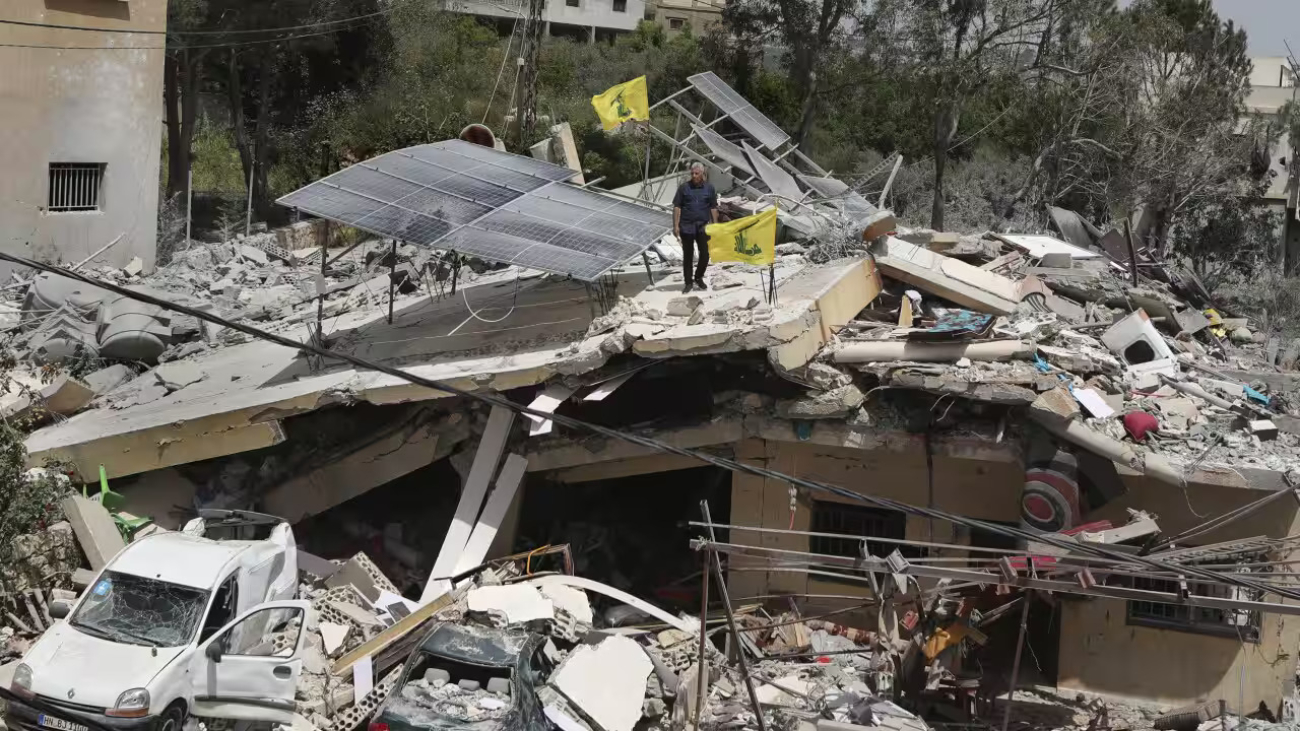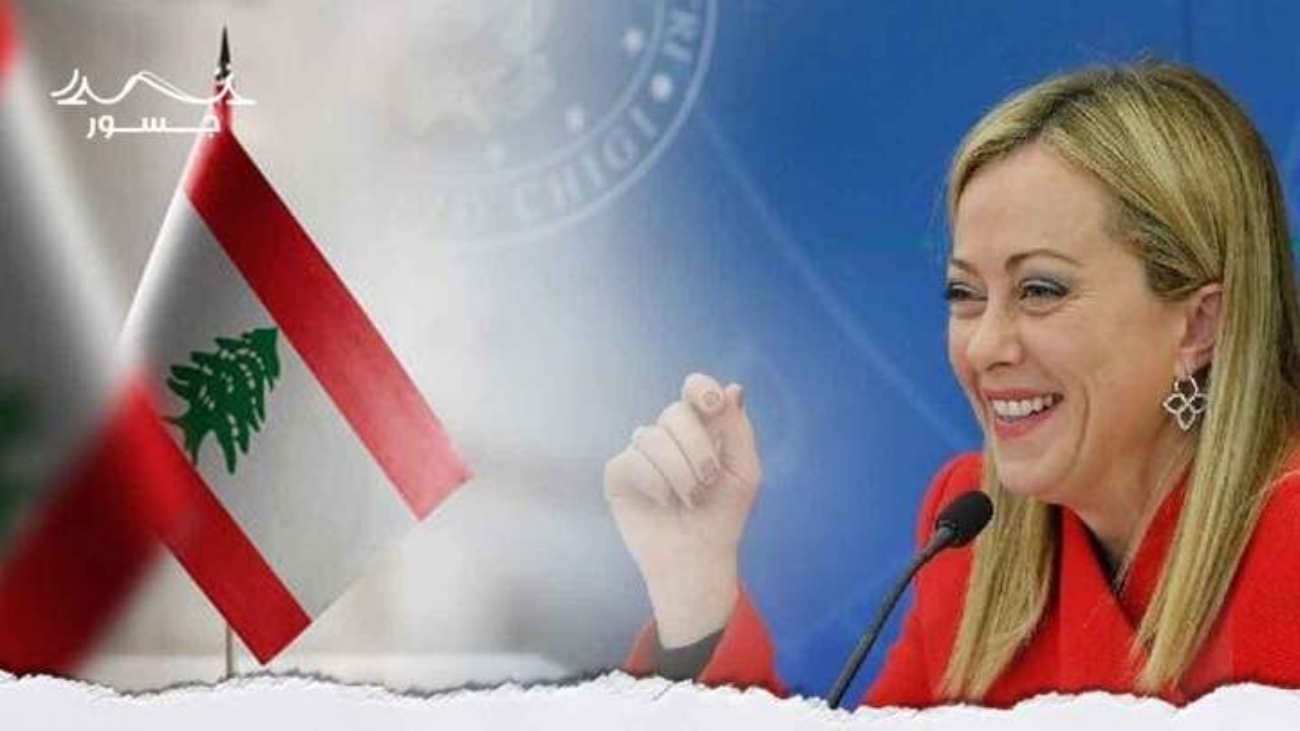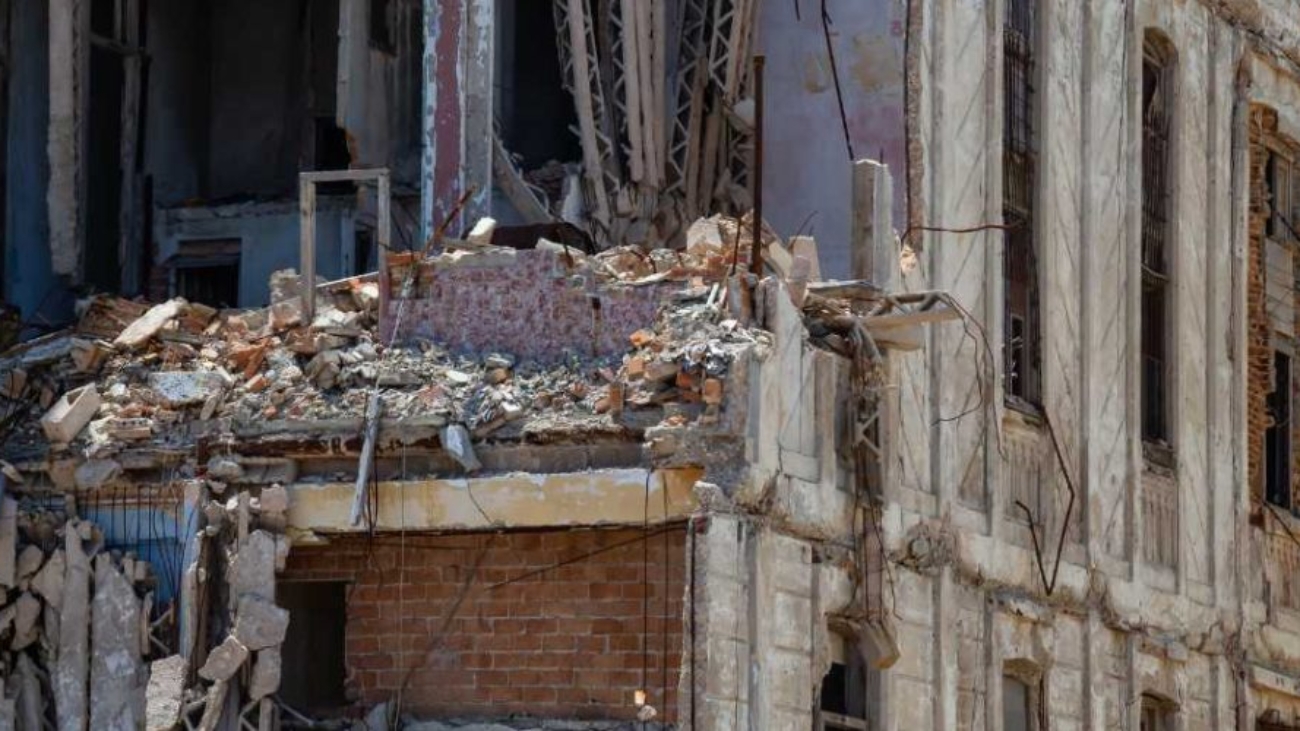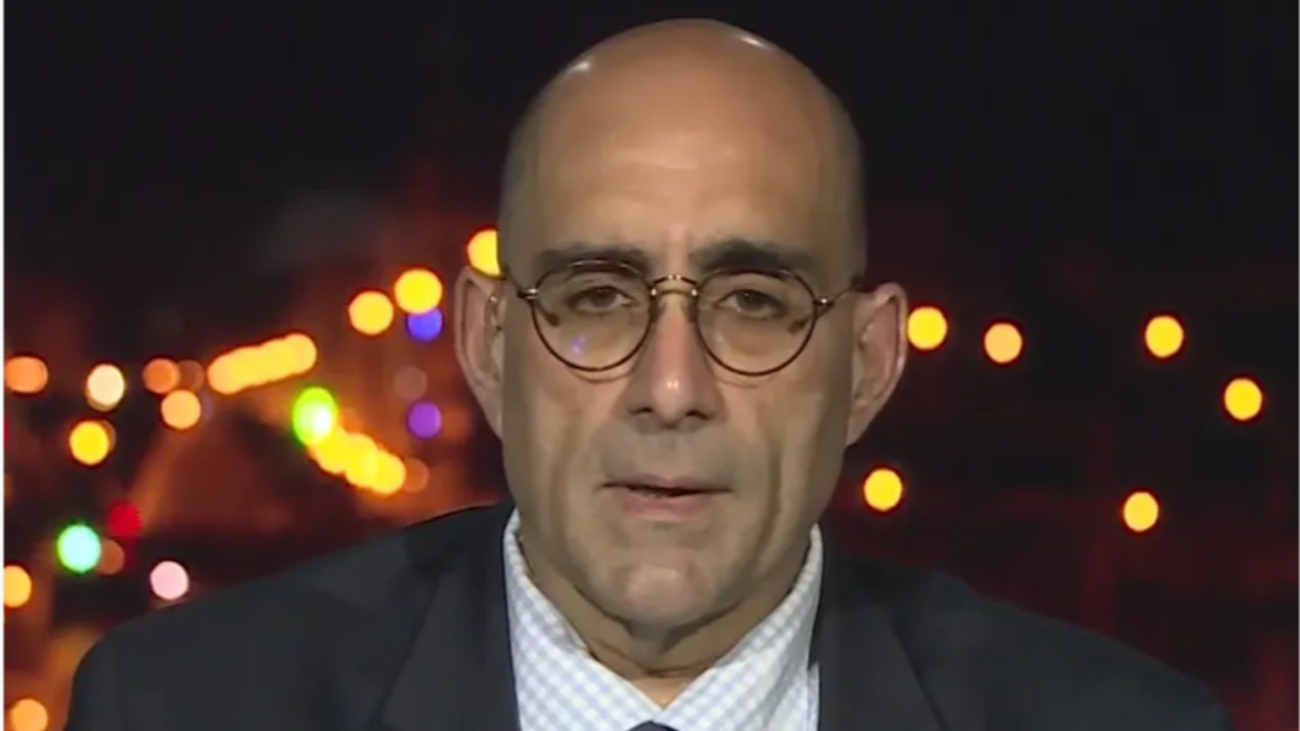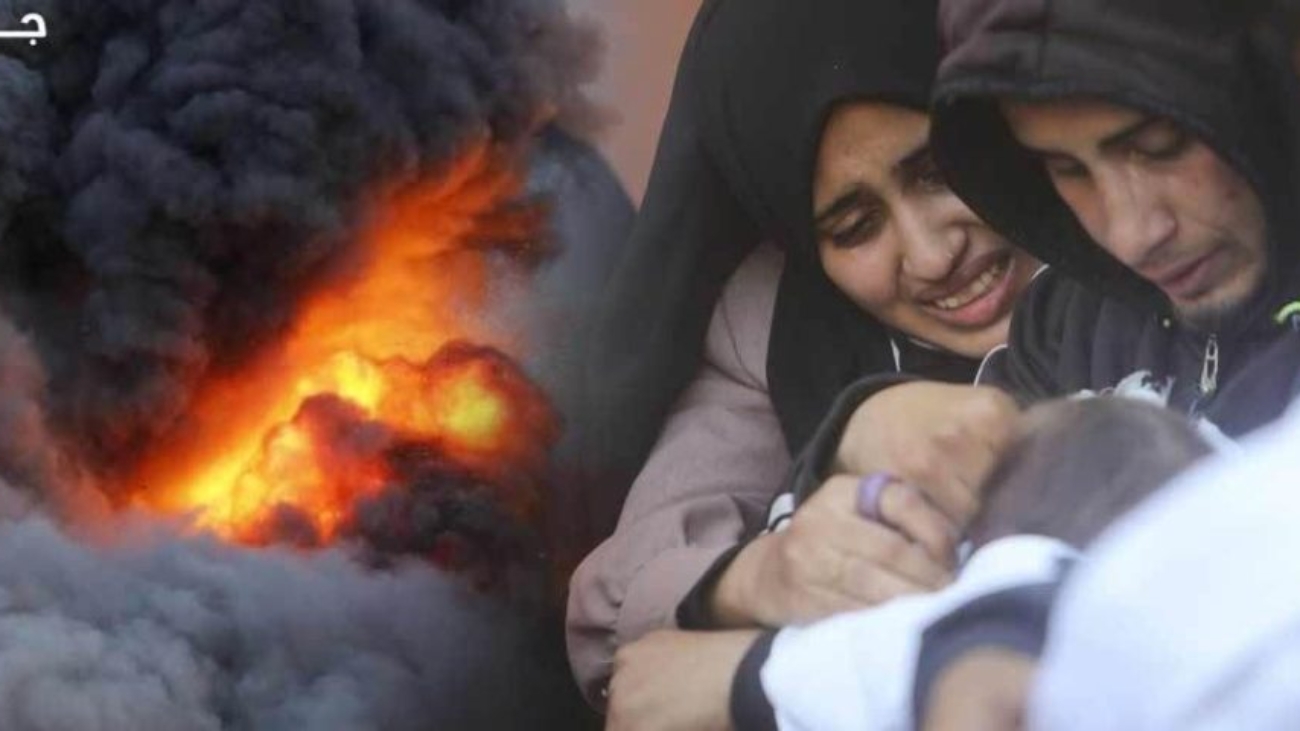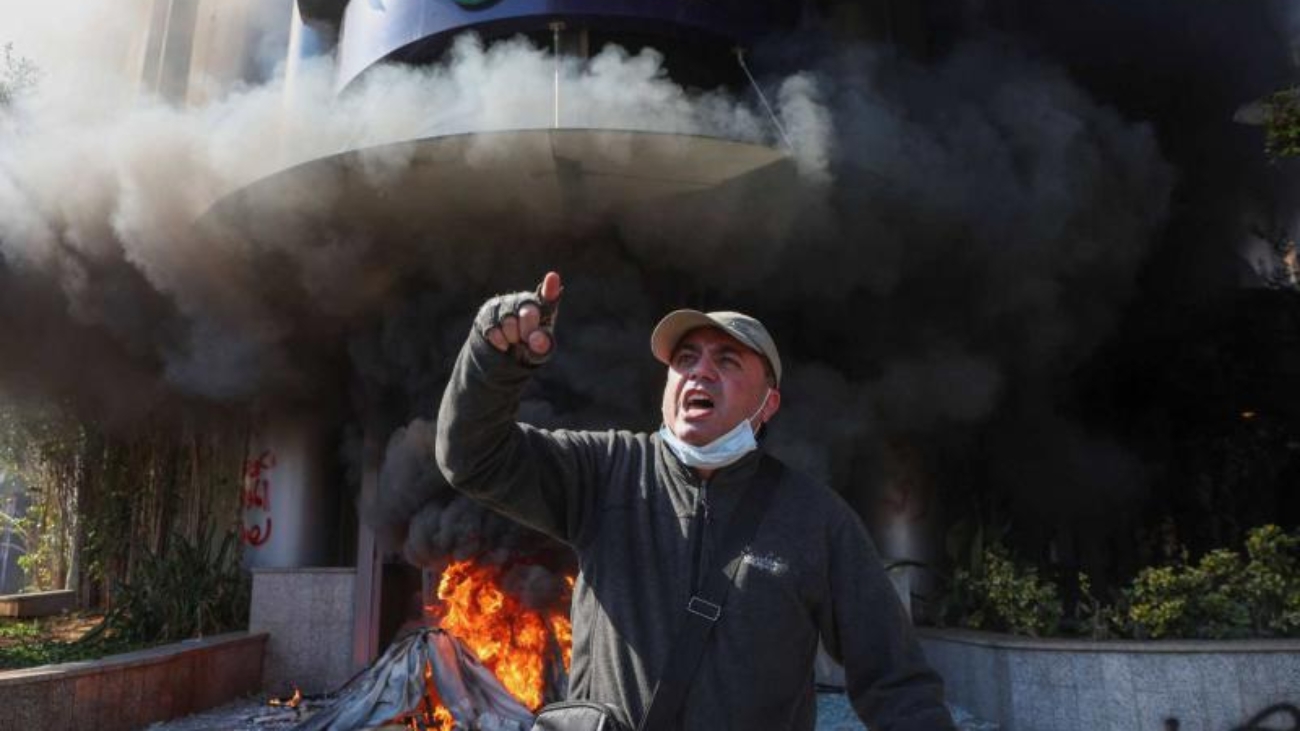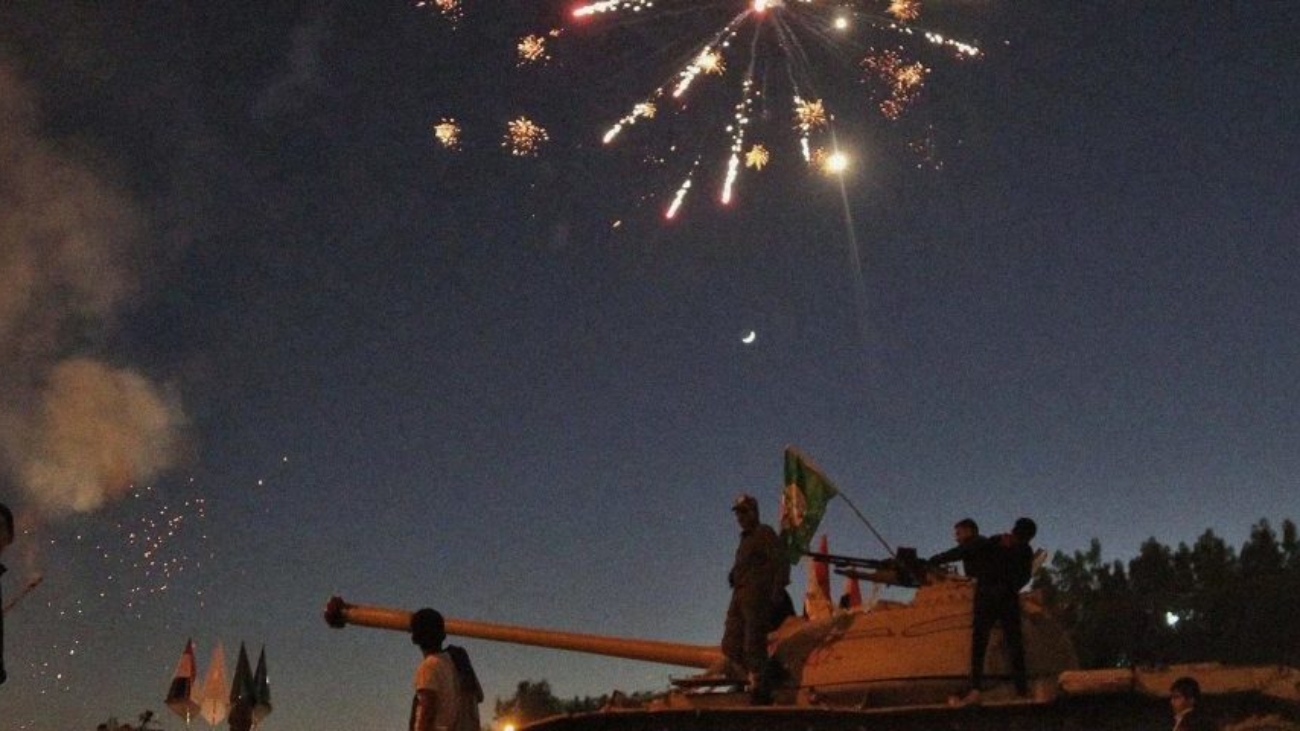Elie Abouaoun
This piece was originally published on masdardiplomacy website https://www.masdardiplomacy.com/
“مصدر دبلوماسي”
كتبت مارلين خليفة:
انتهت اعمال مؤتمر بروكسيل الثامن لدعم سوريا ودول الجوار الذي انعقد بالامس على المستوى الوزاري في بروكسيل، [انعقد الشهر الماضي على مستوى المنظمات الدولية ومنظمات المجتمع المدني]. وقد تعهد المؤتمرون بمبلغ قيمته (2،17 مليار يورو) لدعم اللاجئين السوريين في المنطقة، فيما رفض الاتحاد الاوروبي والامم المتحدة أي حديث عن عودة محتملة الى سوريا لأن ظروف العودة الطوعية والآمنة غير متوافرة. نستعرض في هذه المقابلة الشاملة كواليس الاجتماع والنقاشات التي دارت في المؤتمر مع الاستاذ المحاضر في جامعة القديس يوسف الدكتور إيلي أبو عون الذي شارك في جلسة نقاش مع مسوؤلين في الاتحاد الأوروبي والامم المتحدة نظمتها “كلنا إرادة” على هامش المؤتمر.

*هل رصدت تبدلا في المواقف خلال المؤتمر الثامن لبروكسيل سواء لناحية الاتحاد الأوروبي أو المجتمع الدولي بشكل عام؟
-لا، لا يوجد تغيير واضح في المواقف، بل لاحظت تلاقيا مشتركا بين مسؤولي الامم المتحدة والاتحاد الأوروبي بأن الوضع في سوريا لا يستوفي شروط العودة، وبالتالي، لا يزال الفريقان متشبثين بموقفهم من حيث عدم البحث ببرامج تتيح عودة العدد الاكبر من السوريين الى سوريا. يمكن تلخيص السبب الرئيسي الذي تقدمه هذه الجهات بوضع حقوق الانسان في سوريا، بحث تعرض امثلة على أن بعض العائدين تعرضوا لانتهاكات إما عبر الملاحقة أو التوقيف او السجن. يتمثل السبب الثاني بانعدام الاستقرار في سوريا، واستمرار العمليات العسكرية في بعض المناطق.
أما السبب الثالث فهو غياب الخدمات، وانتشار الفقر وعدم توافر فرص العمل. حاولنا في الطاولة المستديرة التي نظمتها “كلنا ارادة” أن نوصل للمعنيين افكارا تفيد بأن موضوع انتهاكات حقوق الانسان موجودة في اكثر من دولة في العالم وبالتالي فإن سجلات حقوق الانسان في بعض هذه الدول قد يفوق سوريا سوءا، ولكن مواطنيهم لا يعاملون وكأنهم لاجئين تلقائيا و بغض النظر عن وضعهم الشخصي، هذه هي الصفة العامة التي تعطى لكل سوري متواجد في لبنان وكانه لاجيء، وأنه لا يمكنه العودة لأن وضع حقوق الانسان في سوريا غير سليم، وهذا يتضمن ظلما للبنان. إن مستوى حقوق الانسان سيء في بعض الدول كما في سوريا ولكن في الوقت عينه يتم دراسة طلب مواطنيها الذين يطلبون اللجوء على انه طلب فردي وليس طلبا جماعيا.
النقطة الثالثة تتعلق بالحرب. لم يكن صعبا التوصل الى ارضية مشتركة حول هذه النقطة، إذ ليست كل الاراضي السورية تعاني من العمليات العسكرية، وبالتالي ثمة مناطق يمكن البدء بتصنيفها على أنها أكثر أمانا من سواها.
أما في ما يخص موضوع الفقر وغياب الخدمات وفرص العمل فهذه كلها عوامل حقيقية وموجودة وستستمر طالما أن الوضع السياسي في سوريا هو على ما هو عليه الآن وطالما لا يوجد تدفق تمويل من دول الخليج وطالما العقوبات الغربية موجودة ، ما يعطي السوريين الحق – مثلهم مثل أي شعب آخر- بالهروب من الفقر، ولكن من يهرب من الفقر من سوريا يسمّى مهاجرا اقتصاديا وليس لاجئا، وبالتالي، فإن الاطار القانوني للمهاجرين الاقتصاديين يختلف عن الاطار القانوني الذي يطبّق على اللاجئين. بناء على ما تقدم، يمكن القول أنه لدى الدولة اللبنانية حججا مقابلة للحجج التي يستخدمونها.
–عادة في كل ازمة لجوء توجد 3 حلول يمكن استعراضها. الاول، اعادة التوطين في بلد ثان، الثاني العودة الى البلد الاصل، والثالث، الادماج في المجتمع المضيف.
إن دراسة هذه الحلول تظهر بأن عدد السوريين الذين يتم قبولهم ضمن برامج اعادة التوطين في اوروبا واميركا وكندا سيظل قليلا جدا. نحن نتكلم حاليا عن اعداد هائلة من السوريين في لبنان، وليس ممكنا توقع ان يتوجهوا جميعهم الى بلدان اوروبا، وفي افضل الاحوال قد تتم اعادة توطين بعض المئات من السوريين سنويا، ما يتطلب مائتي عام لكي تتم اعادة توطين الجميع، وبالتالي فإن الافادة من هذا الحل هي ضئيلة.
الحل الثاني المتاح المتمثل بالادماج في لبنان او في المجتمع المضيف هو ايضا مستحيل، فمن الناحية العملية نحن نتحدث عن 25 و30 في المئة من عدد السكان في لبنان، وبالتالي فإن دمج هؤلاء غير ممكن ولو توفر غطاء سياسي ولو قبل اللبنانيون، لأنه حتى من الناحية التقنية، فإن دمج 30 في المئة مع السكان ليس امرا يمكن تحقيقه بسهولة، كما أن دمج هذه النسبة يؤدي الى خلل ديموغرافي، وللديموغرافيا اهميتها الكبرى في لبنان، ولها ابعاد سياسية وامنية واخرى تتعلق بالهوية، وثمة عائق دستوري ايضا لان الدستور اللبناني يمنع التوطين، وبالتالي فإن اعادة الادماج لا تشكل حلا.
يبقى موضوع العودة الى سوريا، إن النظام السوري سيبقى معرقلا لعودة اللاجئين لاسباب عدة، فمن اولويات النظام السوري كما يتضح وبحسب استخدامه بعض القنوات الاوروبية للتواصل مع الحكومات الاوروبية، ان هذا النظام يسعى الى اعادة قبوله كجزء من المجتمع الدولي، أي اعادة تأهيله دبلوماسيا، وهو مطلب اساسي له ولا يبدو بأنه سوف يتحقق في المدى المنظور، مع عدم اغفال انه يمكن لهذا المطلب ان يتحقق تدريجيا.
الامر الثاني الذي يطلبه النظام السوري يتمثل بالدعم المالي، في الوقت الراهن لا الأوروبيين ولا الأميركيين مستعدين للاستثمار في سوريا، فلا يبقى إلا دول الخليج ولا يبدو بأن دول الخليج متحمسة لارسال اموال بشكل كبير الى سوريا.
المطلب الثالث الاساسي للنظام السوري يتمثل برفع العقوبات، وهو مطلب أساسي بالنسبة اليه، وهذا الامر لا يبدو انه سيحصل في المدى المنظور.
والموضوع الرابع، أن هذا النظام يحتاج الى ضمانات بعدم الملاحقة، كنوع من الحصانة على كل ما حصل طيلة اعوام الحرب، وهذا ليس مطلبا ممكنا. ومن الجدير أيضا الاخذ بالاعتبار بأن حالة النزاع في سوريا اليوم هي حالة نزاع مخفف أي
Low Intensity Conflict
وهو ليس مصادفة، وانا على ثقة أنه توجد مصلحة لأطراف معينة في سوريا أن يستمر هذا النزاع مخففا ومتواصلا، فهذا الامر يمنح النظام حججا امام شعبه منها بأنه يواصل العمل ضد المجموعات الارهابية وان ثمة مناطق خارج سلطة الدولة السورية وجيوب ارهاب الخ… ثانيا، إن الروس والايرانيين لا يهمهم باعتقادي أن تستقر سوريا بشكل كامل وناجز، بل الا ينهار النظام فيها، ولكن في الوقت عينه وفي ظل تصاعد الشكاوى من وجود روسيا وجماعة إيران وحلفائها وتصرفاتهم، فهؤلاء يحتاجون الى حجّة للبقاء في سوريا، وبالتالي فإن موضوع الارهاب والحرب المخففة هي من الحجج التي تستخدمها روسيا وايران من اجل تبرير استمرار هيمنتهما على القرار السوري، لأن الموضوع لا يتعلق بوجود بعض العسكري والمستشارين، إن الأمر يتعدى ذلك، إذ أن ايران تتحرك اليوم في بعض المناطق في سوريا بحرية، وبالتالي لا تريد خسارة هذا المكسب، إذا انتهت الحرب في سوريا بشكل كامل ورسمي وحصلت اعادة اعمار واستقرار فما هي الحجة لدى الايرانيين للاستمرار والبقاء في سوريا؟
الامر ذاته ينطبق على الروس. إن العلاقة المباشرة للروس ببعض القطع العسكرية في الجيش السوري تحتاج ايضا الى سياق حرب لتبريرها. من المهم الاشارة الى أن الحل السياسي عبر القرار 2254 الصادر عن مجلس الامن الدولي، لن يتحقق ايضا، لأن المعارضة السورية وهي الطرف الثاني المفترض انه المحاور للنظام السوري
قد تفككت، وبالتالي ليس لبشار الاسد شريكا في هذا الحوار. إن هذه الاسباب مجتمعة توصل الى النتيجة ذاتها، إن توقع أن تكون الشروط في سوريا يوما ما مثالية وبحسب المعايير الدولية لتسهيل العودة ليست موجودة. يبقى الحل الوحيد المتمثل بتسهيل العودة الطوعية, رفع صفة اللجوء التلقائية وتنظيم وجود باقي السوريين في لبنان حسب قوانين الاقامة ذات الصلة. تسهيل العودة الطوعية لا يقتصر على تأجير الباصات فحسب، بل توفير رزم من الحوافز للعودة الى سوريا، وبرأيي ان الكثير من السوريين مستعدين للعودة إن تم اعطاءهم رزمة مالية متكاملة، مثلا 5 آلاف دولار، والقول للشخص انه لا يمكنه العودة الى لبنان إلا ضمن اجراءات الفيزا السارية المفعول على السوريين، أي اجراءات الدخول فإن الكثير يعودون. وقد يرسل الكثيرون من السوريين المتواجدين في لبنان عائلاتهم الى سوريا ويبقون هم كعمال مما يخفف العبء على الدولة اللبنانية الملزمة بالتعامل معهم كلاجئين وتوفير خدمات الخ.
هذا هو الحل الوحيد الممكن في المدى المنظور وهو حل يحترم القانون الدولي بعدم الاعادة القسرية للسوريين الذين هم تحت خطر الاعتقال والتعذيب، وفي نفس الوقت لتنفيس الاحتقان في لبنان.
*ما هو المطلوب من المجتمع الدولي ومن الاتحاد الاوروبي تحديدا لتسهيل هذه الحلول التي تناولتها؟
-المطلوب اولا التخلص من التصنيفات العمومية أو التلقائية، يوجد تصنيفان يحتاجان الى اعادة نظر. يتعلق الاول بأن كل سوري يعتبر لاجئا، في العام 2012 كان ثمة نزاع مسلح وهروب آلاف السوريين من سوريا الى لبنان عبر الحدود واستحالة دراسة الملفات بشكل فردي حينذاك، وتحديد من هو لاجئ ومن هو غير لاجئ، وبالتالي تم اعتماد آلية موجودة حينذاك في القانون الدولي تقول أنه في حالة تدفق عدد كبير من اللاجئين، يتم اعتبارهم جميعهم لاجئين الى حين اثبات العكس. ولكن، لا يجوز ان يبقى هذا التصنيف موجودا لعشرات الاعوام، في معظم الحالات التي حصلت في العالم لا يتم تصنيف شعب بأكمله على انه لاجئ!
حاليا، يصنف الاتحاد الأوروبي والامم المتحدة الشعب السوري برمته على انه لاجئ، فالسوري يعتبر في لبنان وبشكل تلقائي من دون أن يخضع ملفه للدراسة! وهذا الامر يسبب أذى للبنان ويجب التخلي عنه، والعودة الى الاطار الطبيعي، المتمثل بأنه حين يأتي السوري الى لبنان، او ذلك السوري الموجود في لبنان، من الممكن أن يتقدّم بطلب، إذا كانت بحوزته اسباب مقنعة بحسب القانون الدولي تستدعي منحه صفة لاجئ، يتقدم شخصيا بطلب يشرح فيه وضعه في سوريا، وعلى أساس ملفه الفردي يمنح صفة لاجئ. التصنيف الثاني، هو اعتبار كل سوريا غير آمنة للعودة. كما سبق وقلت، أنه لا يجوز الابقاء على اعتماد هذه الفكرة، لأنه من ناحية النزاع العسكري توجد مناطق كثيرة في سوريا لا يوجد فيها نزاع عسكري، والحياة فيها طبيعية والناس تسهر بشكل طبيعي، وبالتالي لا يمكن اعتبار أن هذه المناطق كلها خطرة ولا يمكن الرجوع اليها من قبل السوريين.
من ناحية حقوق الانسان والفقر فهي اسباب موضوعية، إن سجل النظام السوري في حقوق الانسان سيء، ولكن هذا يستدعي دراسة الطلبات بشكل فردي وليس جماعيا. بالنسبة الى الوضع الاقتصادي، صحيح أن الوضع المعيشي في سوريا صعب، ولكن هذا يستوجب معاملة السوريين كمهاجرين اقتصاديين, اذا حسب إطار قانوني مختلف. وبالتالي، إن المطلوب من المجتمع الدولي والاتحاد الأوروبي اسقاط التصنيفات العمومية والعودة الى الاطار الطبيعي وهو دراسة الملفات بشكل فردي، والأمر الثاني المطلوب هو تحفيز العودة الطوعية، فيوجد سوريون مستعدون للعودة إن أعطيوا رزمة تحفيزات وبالتالي يمكن للمجتمع الدولي أن يوفّر هذه الحوافز للعودة الطوعية.
*ما هو المطلوب من لبنان لتسهيل هذه الحلول؟
-أولا، إن المطلوب من الدولة اللبنانية ان تقر بدورها ومشؤوليتها في ايجاد الحلول بدل رمي المسؤوليات على المجتمع الدولي ، فهذه الدولة لم تلعب دورها كما يجب منذ العام 2011 ولغاية اليوم وبالشكل المطلوب ، وبالتالي من المهم جدا أن تقرً الدولة اللبنانية بأن لها الدور الرئيسي، من واجب الدولة ان تقوم بتصنيف السوريين بين لاجئ أو مهاجر اقتصادي(أي عامل) ، هذا الامر يقع على عاتق الدولة وهو في صلب واجباتها وليس من اختصاص المفوضية السامية لشؤون اللاجئين الا في حال غياب أو عجز الدولة. الامر الثاني المطلوب، يجب أن تحصل ادارة المخاطر الناجمة عن الوجود السوري بشكل مختلف، أولا، إن خطر استعمال السوريين عبر تسليحهم من اجل اثارة فتنة داخلية ليس احتماله عاليا في الوقت الراهن، ولكن لا احد يعرف كيف تنقلب الموازين وتحصل محاولة لتسليح السوريين لاستخدامهم في لبنان، وبالتالي يفرض هذا الامر بذل جهد أكبر من اجل خفض التوتر، والحقد الذي يتم زرعه حاليا بين اللبنانيين والسوريين، فعوض أن تخفض الدولة اللبنانية التوترات تقوم بتسعيرها كمن يصبّ الزيت على النار.
لدى الدولة واجب إذا ارادت التصرف بمسؤولية تاريخية، لديها واجب بتخفيف هذا الحقد، و تخفيض منسوب خطاب الكراهية، لأن هذا الخطاب، من الممكن ان يحمل تداعيات خطرة إذا قررت جهة ما استخدام السوريين في لبنان من اجل تصفية الحسابات بين دول الاقليم. وبالتالي، يقع على عاتق الدولة اللبنانية اولا واجب القيام بدورها من ناحية تصنيف السوريين، وثانيا لديها واجب أن تقدر المخاطر الناجمة عن المناخ الموجود حاليا، ومحاولة تخفيف هذا الاحتقان، ولديها الواجب الثالث والاساسي، بتنظيم سوق العمل، لأنه هذا الامر يقع ايضا على عاتق الدولة اللبنانية وليس أحد آخر.
ويجوز للدولة اللبنانية أن توفر بعض الحوافز عبر منح العامل السوري الموجود في لبنان اقامة على سنتين مثلا او ثلاثة على أن يتعهد أن يعيد عائلته للحصول على اذن عمل. ثمة اكثر من جهة اقتصادية وتجارية في لبنان تحكي الى حاجة لبعض العمال السوريين في بعض القطاعات التي ترتكز بشكل اساسي للعمال السوريين. وبالتالي، إن تنظيم العمالة السورية في لبنان ضروري، وادخال الحوافز للعمال السوريين بإرجاع عوائلهم الى سوريا امر مهم لأنه يخفف العدد. علما، بأن الخطر لا يكمن في العدد، بل بتركيبتهم لأن غالبيتهم الساحقة هم من النساء والاطفال، وبالتالي إن التخفيف من النساء والاطفال أمر ضروري، لأن هؤلاء ليست لديهم مشاكل تتعلق بحقوق الانسان وخلافه.
إن اعادة جزء من النساء والاطفال يخفف العبء على لبنان، من نواحي عدة، وبالتالي ثمة أمور عدة يمكن أن تقوم بها الدولة اللبنانية للتعامل مع أزمة اللجوء بشكل يختلف، عما حصل. أنا وسواي، طرحنا أكثر من مرة اعادة التصنيف او اعادة النظر بالوضع القانوني للسوريين في لبنان منذ عامي 2016 و2017، وكان الجواب الذي يأتينا من وزراء في الحكومة- ينتمون الى الفريق السياسي ذاته الذي ينتمي اليه وزير الخارجية الحالي ووزير الشؤون الاجتماعية- كان جوابهم هو الرفض بحجة انه “تنظيم وجود للسوريين”، بينما يتمثل الطرح الرئيسي من قبل الدولة اللبنانية اليوم بأن ليس جميع السوريين لاجئين، وبالتالي من المفيد تصنيفهم بحسب من هو لاجئ ومن هو عامل الخ…
مع الأسف، نحن أضعنا 9 اعوام في السجال حول هذا الموضوع، وكانت الدولة اللبنانية قادرة على الامساك بزمام الامور وأن تقول بأنها هي المسؤولة عن تصنيف السوريين وهذه هي المعايير التي اعتمدها وضمن معايير القانون الدولي سوف أحمي من يحتاج الى حماية، والآخرين يتم التعامل معهم كعمال او كطلاب او سياح بحسب وضع كل شخص على حدة، ولكن ويا للأسف فأن الدولة اللبنانية لم تلعب دورها.


